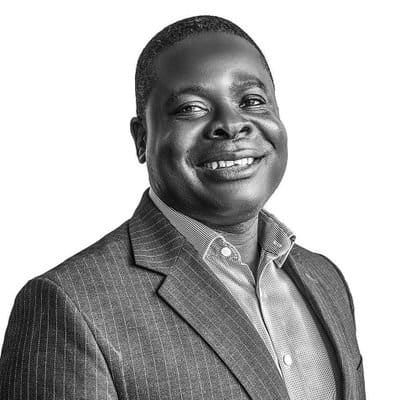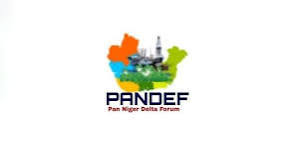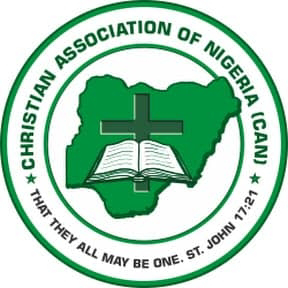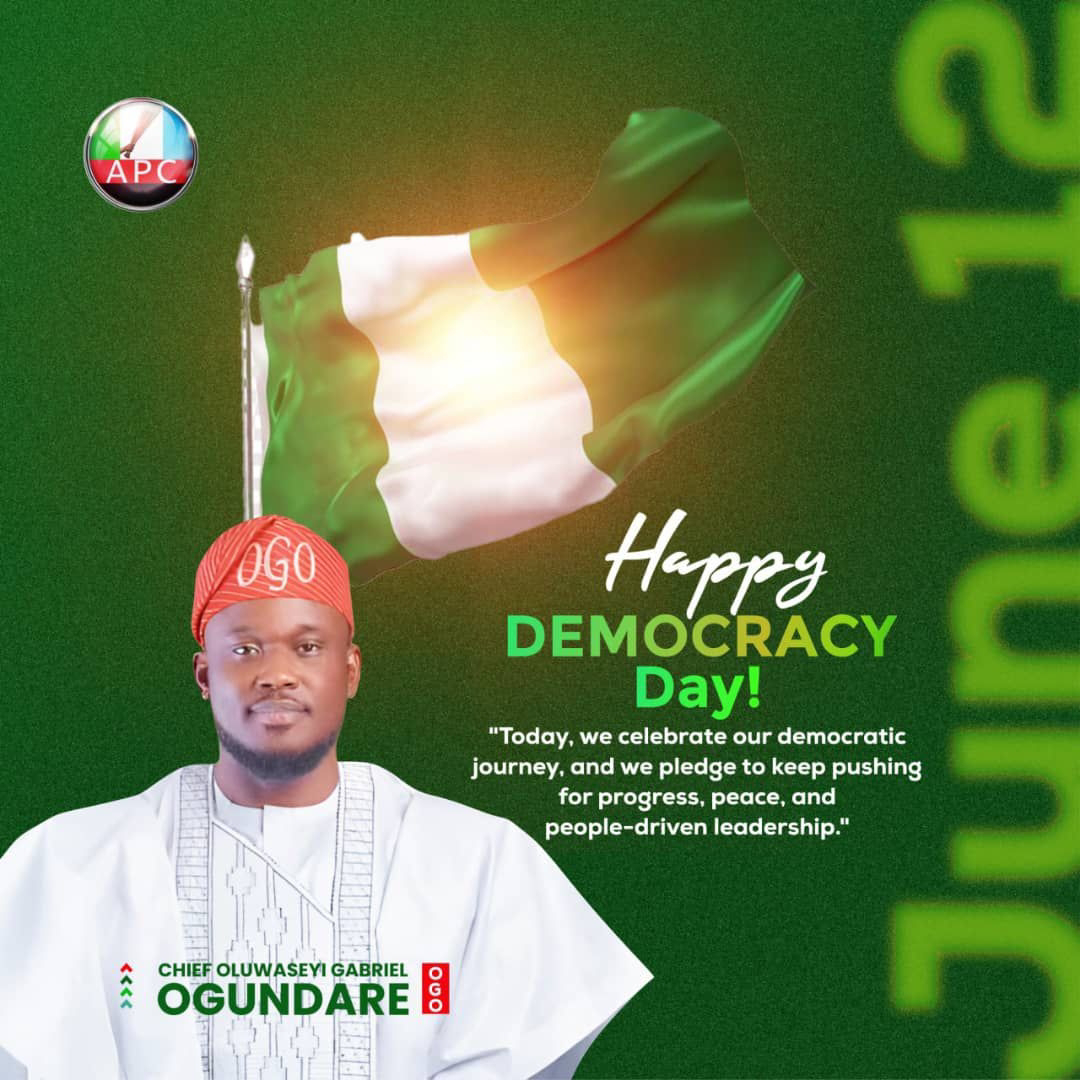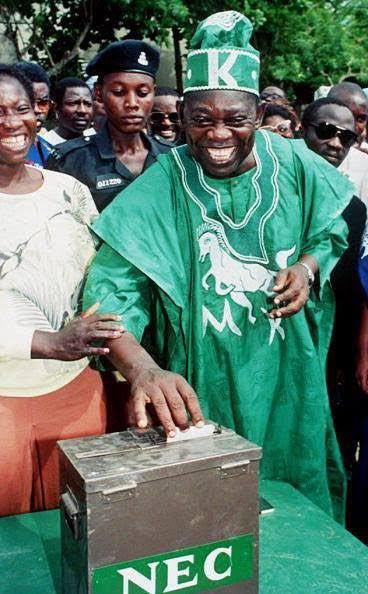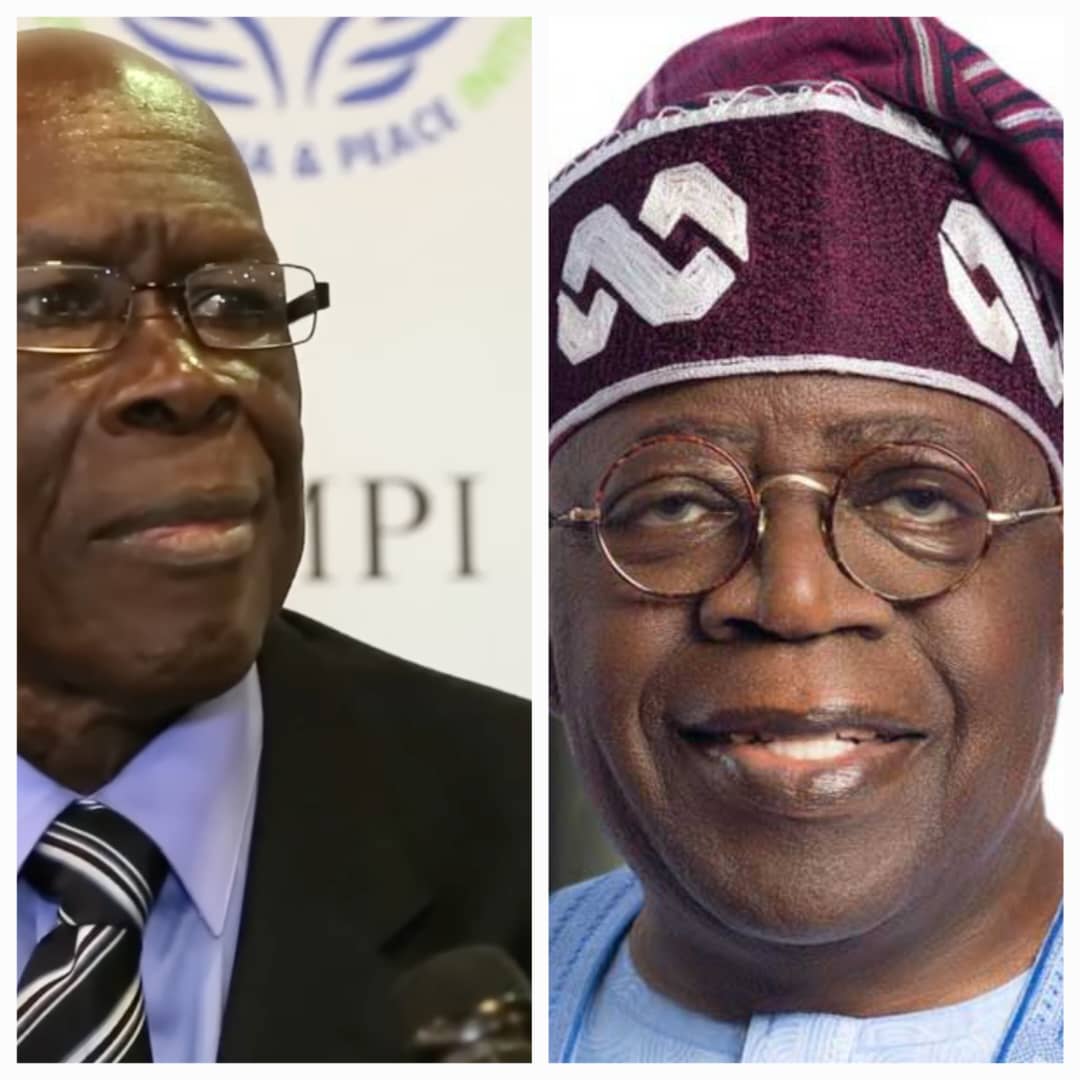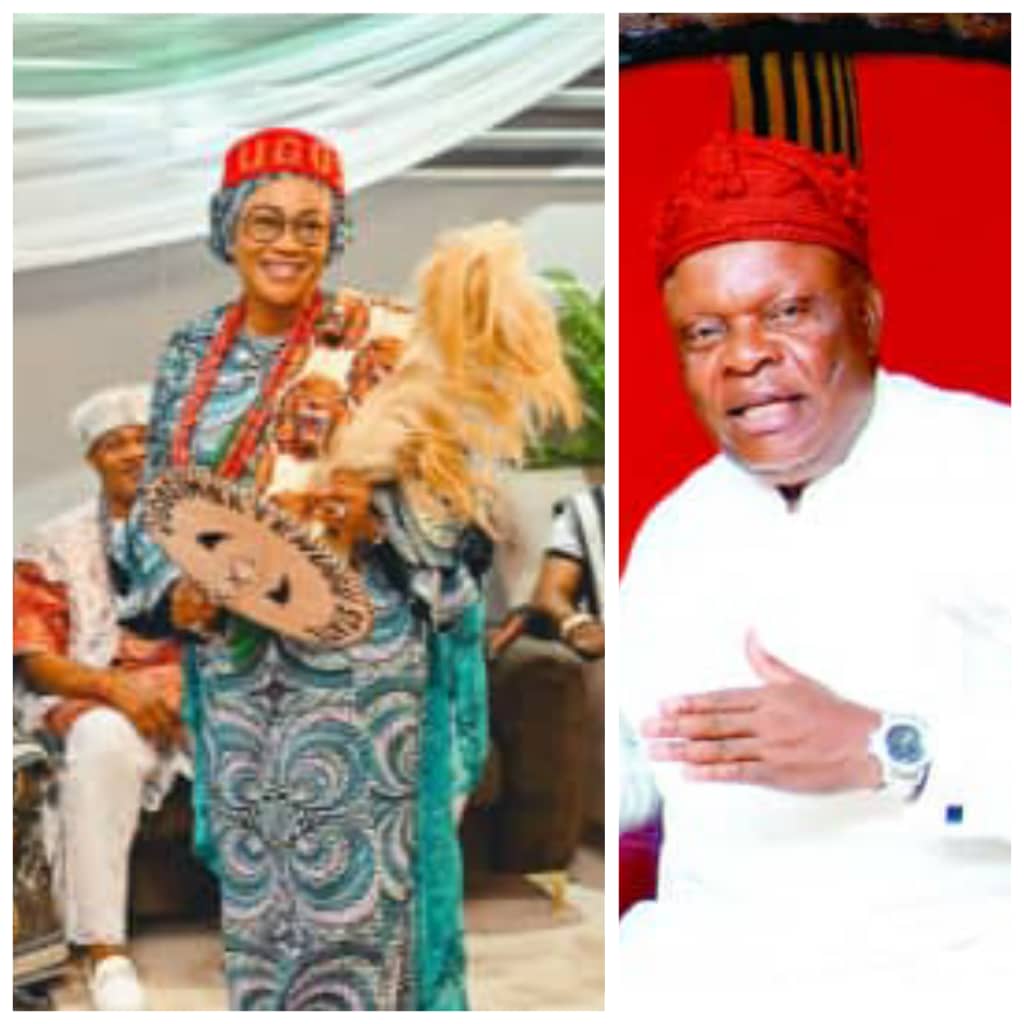By Dr. Femi Akinkuebi, Convener, Itesiwaju Movement
While I was growing up under military rule in the 80s, even as a tiny boy, I witnessed “Operation Wet ehn.” I saw how my mother used kerosene in a handkerchief to wipe our eyes to subside the effect of tear gas. The military dominated our streets.
In the 90s, I participated in the June 12 protest when the entire Ondo stood still. One thing was common then—your honour, dignity, right, and above all, development.
We were all witnesses to the election that brought the most effective government in Ondo State till date—former Governor Olusegun Mimiko. Our mothers and fathers trooped out, not because of rice or immediate gratification, but because of the hope that things would change.
Twenty-six years down the line, how is democracy faring for Ondo people? Do we still have voices?
Voices are caged, advocacy is bought over, and groups with numbers and members are traded for cash. Where is the voice? Who is speaking to Ondo when it’s all about “to your tent, O Israel”?
When leaders and followers negotiate for what’s in it for them rather than what’s in it for all of us; when individuals corner what is meant to be shared—what then is democracy?
What does democracy mean to the average Ondo person in our streets and villages—Moferere, Bolorunduro, Owena, Aiyetoro, Oboto, Oka?
To the average youth, democracy means: “Teach me how to fish; don’t give me fish.” Create and commercialize industrial zones.
For a young lady: “Give me good education, train me. I don’t need to go out at night to trade my body for pennies.”
To our farmers: “Add value to our produce. A kilo of cocoa is ₦10,000, but a kilo of chocolate is ₦100,000.”
The slogan of Ondo is “Ìṣẹ̀ l’ógun ìṣẹ̀”—work is the antidote to poverty. Where is the job? That’s the cry on the street.
What is democracy to the people of Ondo who haven’t seen electricity since 2011? Or to a farmer whose produce is carted away by thieves while the few security officers on ground lack the manpower to intervene?
What is democracy to a whole local government that lacks every social amenity necessary for potential development?
What is democracy to our youth, who are constantly being lined up for pictures whenever they are given handouts like exercise books and pens?
What are we building in their heads—beggar mentality?
Children in saner societies get such support through trust funds and development platforms. No one lines them up for photo ops. No one makes them sing political songs. They are raised with integrity and hard work.
The word “democracy” connotes “development.” So does politics—“òṣèlú,” meaning “community service” in Yoruba.
The time to use democracy for the development of our communities and our people is now. Not by giving crumbs, but by being audacious in our developmental agenda—not what we want, but what the community truly needs.
Let’s activate our commercial zones, just like other nearby states and communities are doing.
I charge all leaders in Ondo to make democracy count.
Happy Democracy Day.
– Dr. Femi Akinkuebi
Convener, Itesiwaju Movement
Itesiwaju is not just about politics—it is about purpose. It is a development-driven awakening: a call to raise builders, leaders, and people who believe that our tomorrow must be better than today.
Ìtẹ̀síwájú Ondo l’ó jẹ́ wa lọ́gún.

